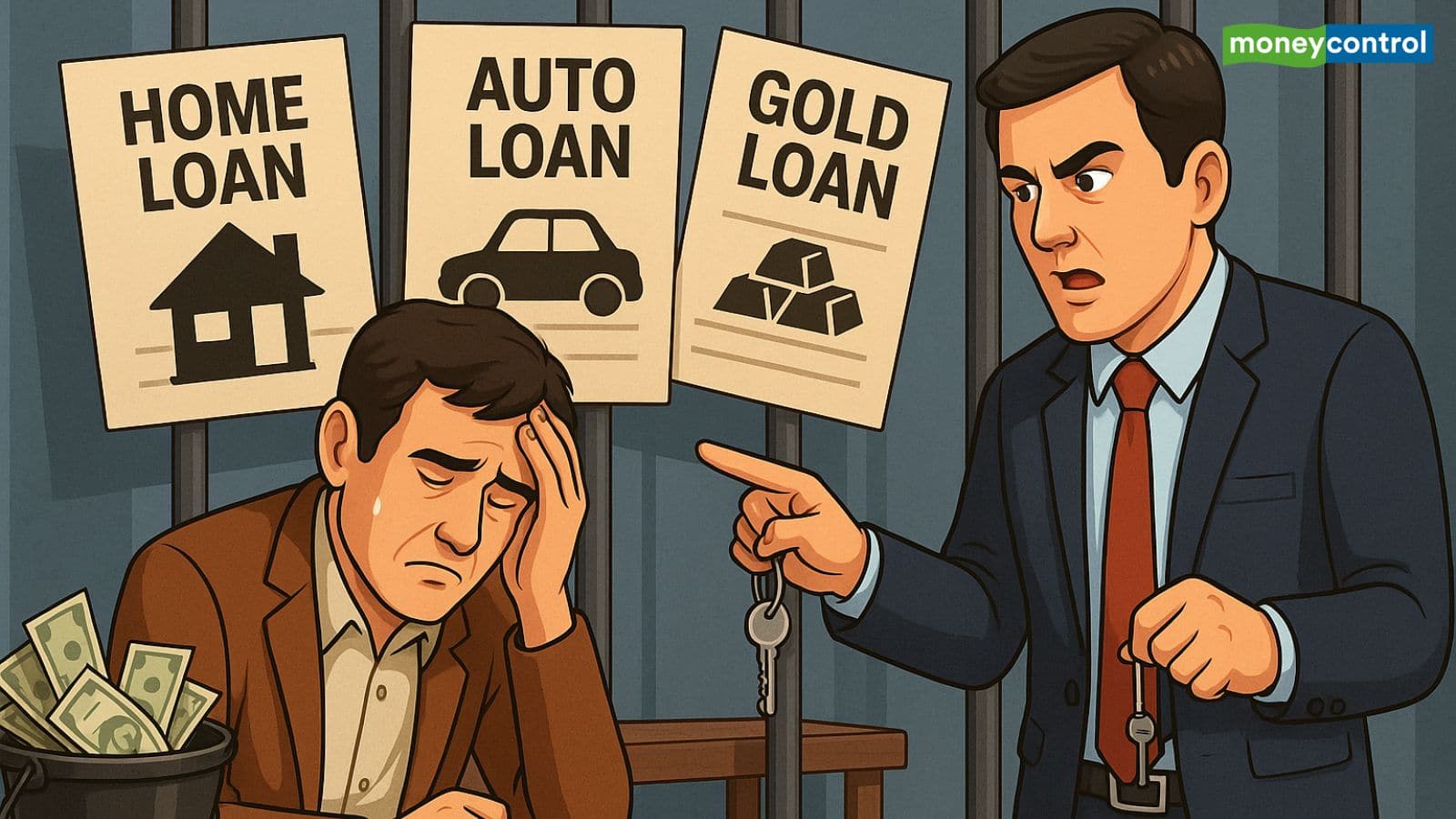
Loan default: Home, Auto, Gold or Personal Loan can become a means of fulfilling your needs. But, a big responsibility also comes with the loan- paid on time. If you miss the loan, it can have serious legal consequences.
Therefore, it is very important to know what are the signs of loan default, what can be the effects, and what are the measures to avoid it. Also, can there be a jail for not repaying the loan?
What is a loan default?
Loan default means that you did not repay the loan of a bank or financial institution on time. When a person fails to pay one or more EMI continuously, he is considered a loan defaulter. Usually this period is 3 installments or 90 days. Many times can also vary from financial institution.
This default can be intentionally, such as not to repay the loan despite the money. Such people are called a willful defaulter. At the same time, many people can miss the installment due to compulsion. For example, job missing or any medical emergency.
What are the signs of loan default?
- If you have not paid any EMI, the bank will inform you through email, message or post. Ignoring it is a danger bell.
- If the bank is constantly contacting you, then it is an indication that they are concerned about the loan situation. Take it seriously and start the conversation.
- If you have tried to pay the first installment, then the bank can ask you for checks on future dates, so that it will be confident of getting payment.
- If you are struggling with financial difficulties, the bank may offer to change the terms of the loan. Such as increasing time, reducing interest rate, or stopping payment for some time.
What happens when not repaying the loan?
The institute giving you a loan has the right to try at his level for recovery or go to court. By taking the support of the court, the bank can try to seize your salary, bank account or property.
If you have pledged something, the bank can seize it. Even property generating property. This is mostly the same in secured loans like home, auto or gold. In this, banks try to recover their debt by selling mortgaged property.
The credit score also falls completely after defaulting the loan. Low credit score means future expensive loans, difficulty in taking insurance, or obstructing jobs.
What is RBI’s guidelines?
- The bank has to take care of the borrower’s honor. It is forbidden to intimidate or defame in public.
- The bank will have to give you notice first so that you can present your side or arrange for payment.
- RBI promotes the facility of changing the terms of the loan or preventing payment for some time.
Can there be a jail default in jail?
Its straightforward and simple answer is no. Under normal conditions, home, auto, gold or personal loan cannot be imprisoned. In India, prison is sentenced to prison only in criminal cases, while non -payment of personal loan is a civil case.
This means that the bank or the NBFC can take legal action against the loan takers- such as recovery notice, court case, or property attachment- but no one can be sent to jail on the basis of not repaying the loan.
However, in some situations the prison may come, such as:
- You have deliberately taken a loan from fake documents.
- The court order is not being followed.
- Your check may have been bounced and a case is registered.
Overall, if there is no financial fraud or disturbance, the police will not interfere. However, the bank can take measures such as selling property pledged for recovery.
Also read: Explainer: Home, Car, Gold, Personal … How many types of loans are there, what is the difference between them?